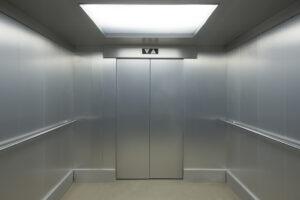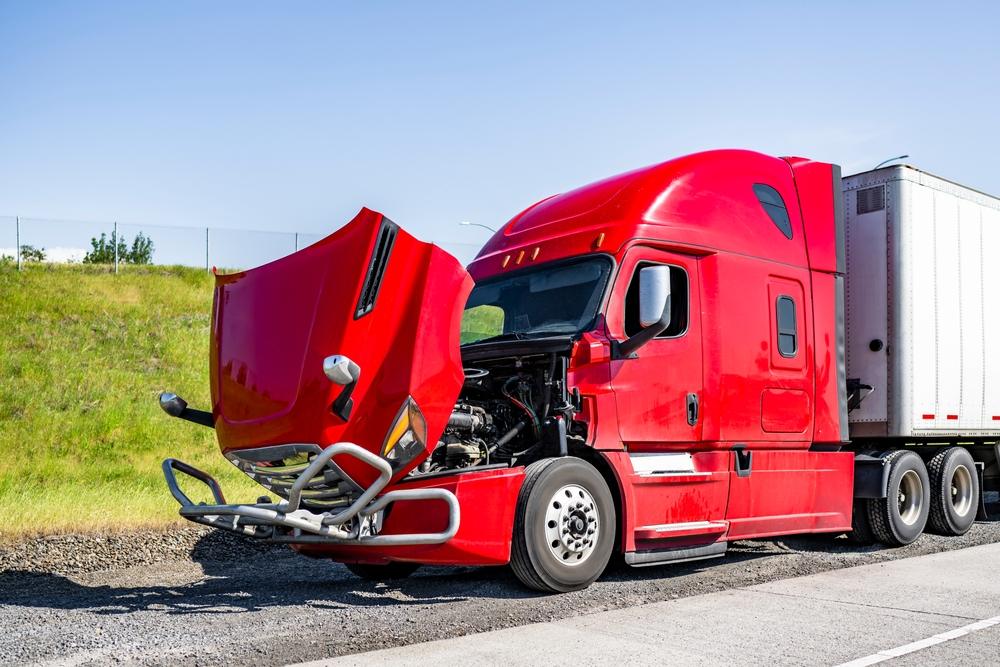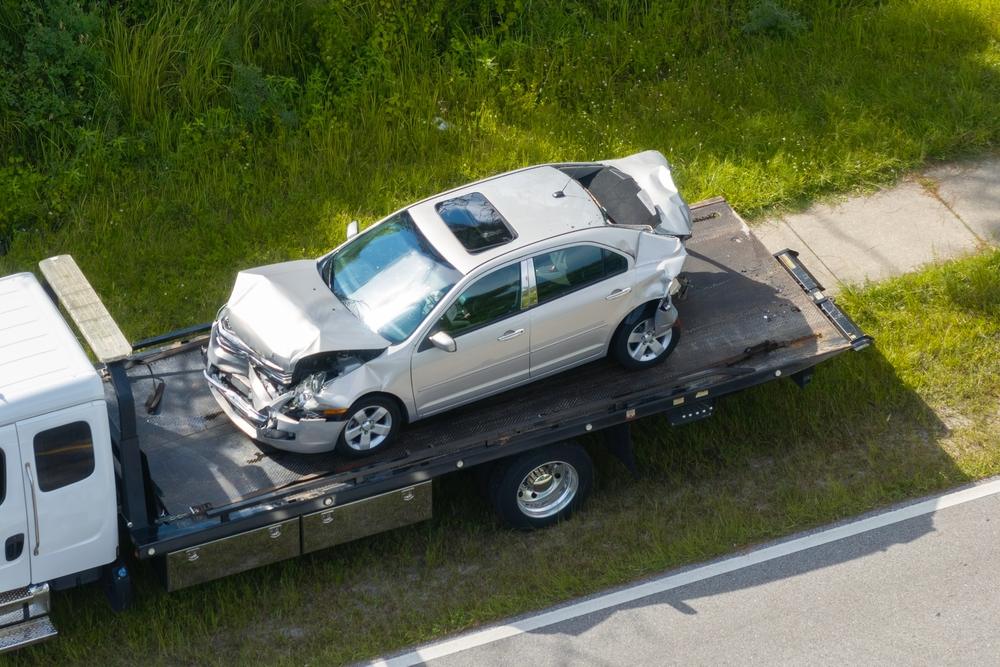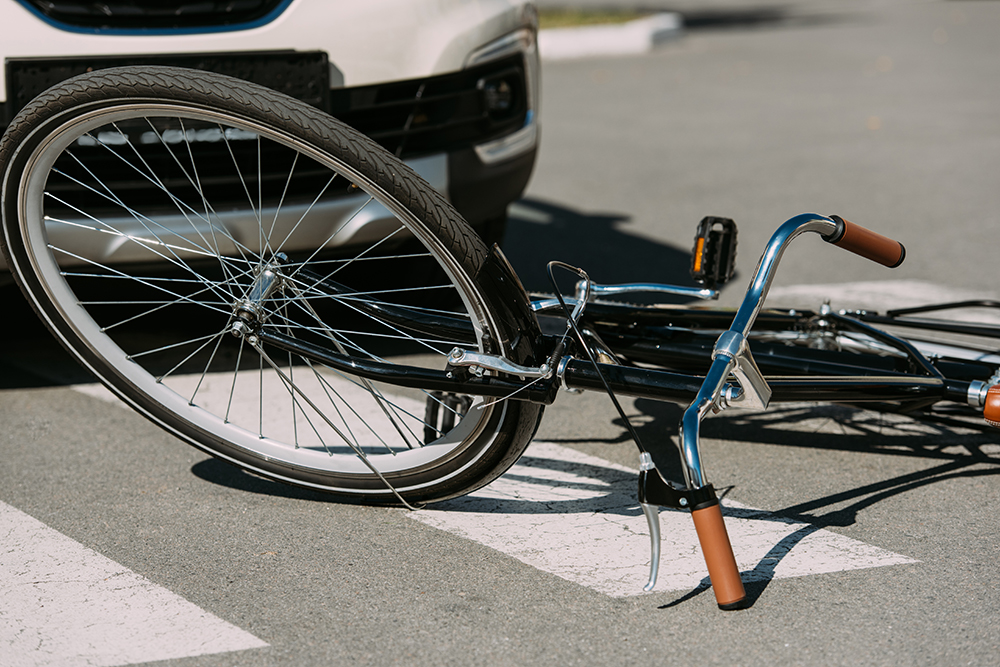
Yes, elevator door–close timing injuries are compensable in Naperville when they result from negligence. If an elevator door closes too quickly, fails to reopen when it detects an obstruction, or malfunctions due to improper maintenance, the building owner or elevator maintenance company may be liable for your injuries.
These accidents often cause serious harm, including broken bones, crush injuries, and traumatic injuries to limbs. If you were injured by an elevator door that closed improperly, a Naperville elevator accident lawyer can help you pursue compensation.
How Elevator Door Safety Systems Are Supposed to Work
Modern elevators have multiple safety features designed to prevent door-close injuries. These systems include sensors, timers, and reopening mechanisms that should protect passengers from being struck or trapped by closing doors.
Elevator doors are equipped with photoelectric sensors that detect when someone or something is in the doorway. Door-close timing is regulated by building codes that specify minimum time periods doors must remain open and maximum closing speeds.
When these safety systems function properly, elevator doors should never close on a person. If a closing elevator door injured you, it indicates that one or more safety features failed or were not working correctly. This failure often points to negligent maintenance or bad repairs.
Common Causes of Door-Close Timing Injuries
Inadequate maintenance is the leading cause of elevator door-close timing injuries in Naperville. When maintenance companies fail to inspect and service elevators regularly, accidents happen that can injure elevator users.
Building owners sometimes override or disable safety features to reduce wait times or address nuisance door reopenings. In older buildings, elevators may have outdated safety systems that do not meet current code requirements, yet the owner fails to upgrade them. Poor lighting in elevator lobbies can also make it difficult for passengers to judge door timing, contributing to accidents.
Improper repairs by unqualified technicians can also create dangerous conditions. When elevator companies cut corners or rush through maintenance, they may fail to properly calibrate door timing or test safety features. These shortcuts put passengers at risk of serious injury.
Who Can Be Held Liable for Elevator Door Injuries
Multiple parties may bear responsibility for elevator door-close timing injuries in Naperville, depending on who was responsible for maintaining the elevator and ensuring its safe operation.
The Property Owner
The building owner has a general duty to maintain safe premises for tenants, visitors, and customers. This includes ensuring elevators are properly maintained and inspected. Even if the owner contracts with a maintenance company, they retain ultimate responsibility for providing safe conditions.
The Maintenance Company
Elevator maintenance companies that contract to service and repair elevators have a duty to perform their work properly. When they fail to inspect safety features, improperly calibrate door timing, or overlook worn components, they can be held responsible for injuries that result.
The Property Management Company
Property management companies that oversee building operations may also share liability if they failed to ensure elevators were properly maintained or ignored complaints about elevator malfunctions.
The Role of Maintenance Records in Your Case
Maintenance and inspection records are critical evidence in elevator door injury cases. These documents reveal whether the elevator was properly serviced and whether building owners or maintenance companies knew about problems before your accident.
Maintenance logs show when elevators were last serviced, what work was performed, and whether technicians identified any issues with door operation or safety features. Inspection reports document code violations and required repairs.
When records show that safety problems were identified but not corrected, this demonstrates negligence. Missing or incomplete maintenance records may indicate that required servicing was not performed, which also supports negligence claims.
Compensation Available for Elevator Door-Close Timing Injuries in Naperville
If an elevator door malfunction injured you, you may be entitled to compensation for both economic and non-economic losses. The specific amount depends on the severity of your injuries, the impact on your life, and the strength of evidence establishing negligence.
Economic damages include all medical expenses for emergency room treatment, surgeries, hospital stays, physical therapy, and future medical care. You can recover lost wages for time missed from work during recovery, as well as compensation for reduced earning capacity if your injuries prevent you from returning to your previous job or working at the same level.
Non-economic damages account for pain and suffering, both physical and emotional, that result from your injuries. If your injuries are permanent or disfiguring, you may receive additional compensation for the lasting impact on your quality of life.
Psychological trauma from being trapped or struck by elevator doors can also require compensation.
Contact Charlie Therman for Help With Your Naperville Elevator Accident Case
At Charlie Therman Injury & Accident Lawyers, P.C., elevator accidents are one of our signature focus areas. Since 2002, we have developed deep knowledge of elevator safety regulations, maintenance requirements, and the tactics building owners use to avoid responsibility.
We know how to obtain critical maintenance records, work with elevator safety experts, and prove negligence. With over $100 million recovered for injured clients and 75 years of combined legal experience, we go to bat for our clients against building owners and maintenance companies.
Choose Charlie and let our family-oriented firm provide the personal attention your case deserves. Contact us today for a free consultation about compensation for your Naperville elevator door-close timing injury.





